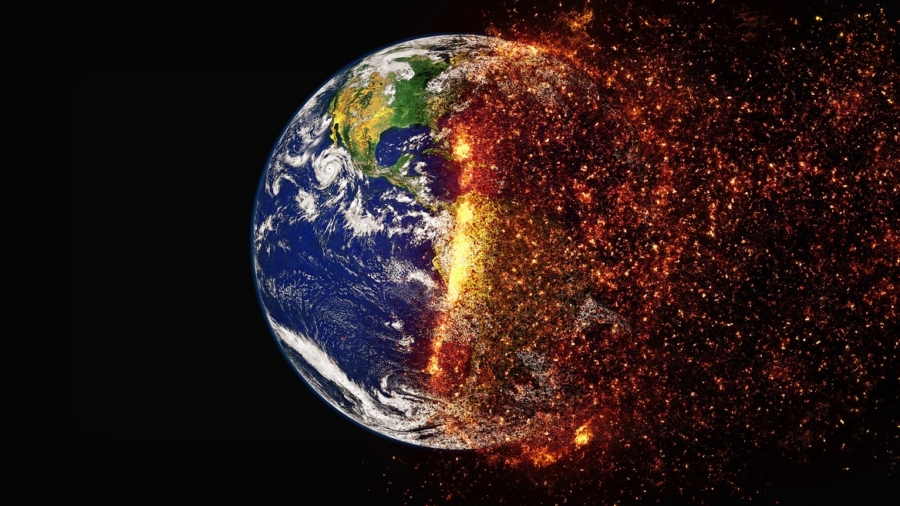For as far back as my hippocampus extends, I have heard the mantra, “I am a product of my environment.” A legion of research has supported the notion contained therein the mantra of the circumstances in which one grows up in can and often does have a major bearing on how the person matures. Personally, I concur; particular actions I have taken were majorly influenced by members of my family I had close contact with. Nonetheless, even though I was privileged to have great paradigms of success as family members, I grew up in an extremely destitute area where the ramifications of poverty were widespread and rampant. Consequently, some of my fellow adolescents propended towards selling drugs; robbing; and other activities a lot of people would consider to be nefarious in context.
Due to some of the fellow adolescents I am referencing being considered as friends at the time, I had the opportunity to engage in the same activities as they were. Therefore, if the people I am referencing were individuals I liked being around, why did I not spend my time similar to them? Albeit I would be remiss and sheerly ignorant even to say my family members’ impact was not part of the answer to the question, I contend the truest component of why I did not do so is because I knew those actions did not align with the life I desired to live. Thus, the decision I made at that moment of my life was the crux of me being able to live the life I live now.
That being said, I challenge each reader to gauge the standard of decisions he/she is making. Are the decisions you are making aligned with securing the desires of your heart? If not, please rectify. Often, more important to our success than the skills or knowledge we possess, are the decisions we make.

